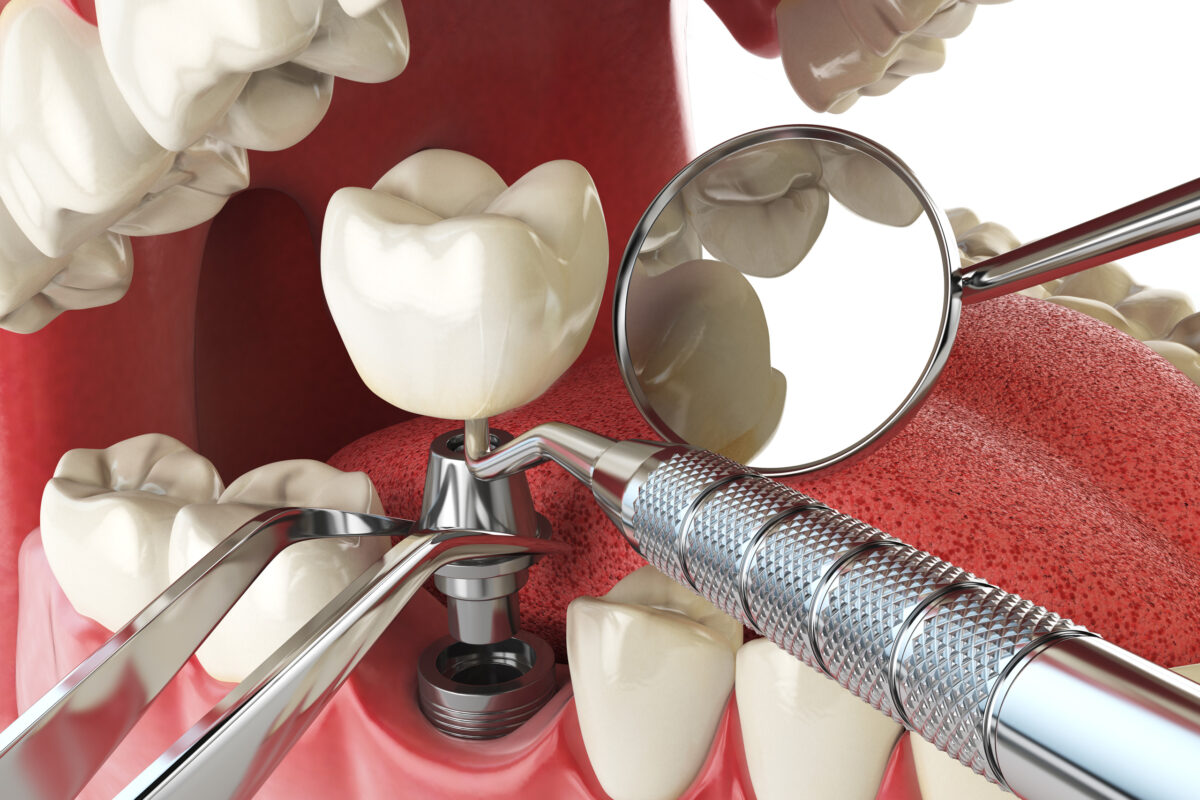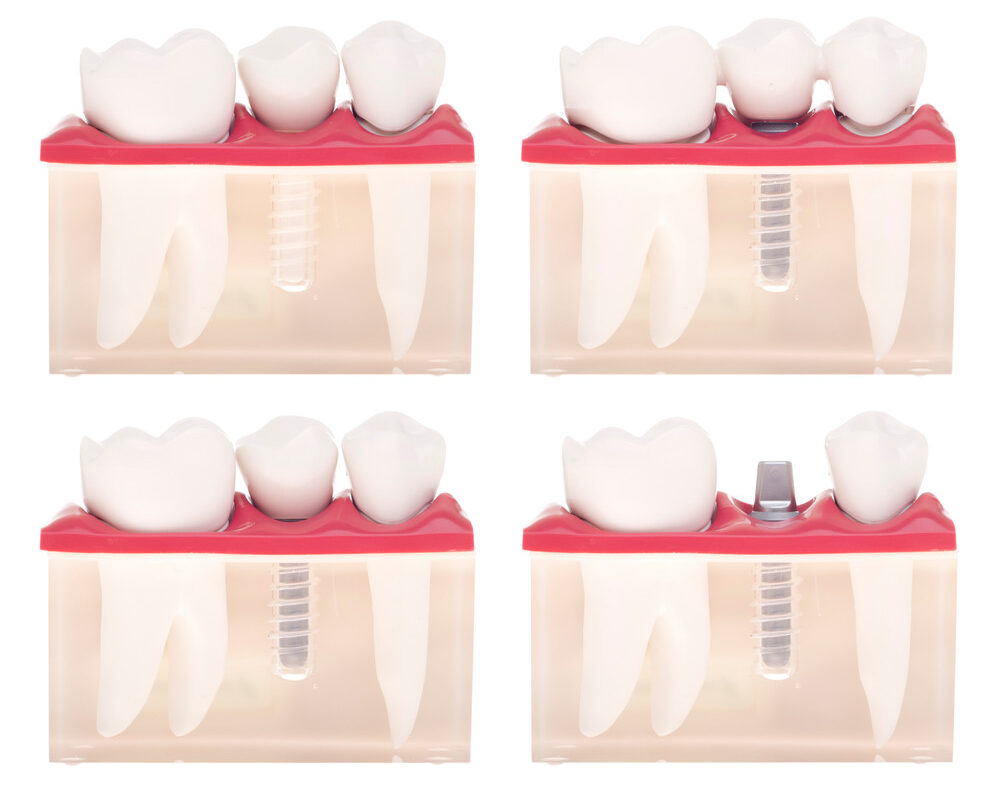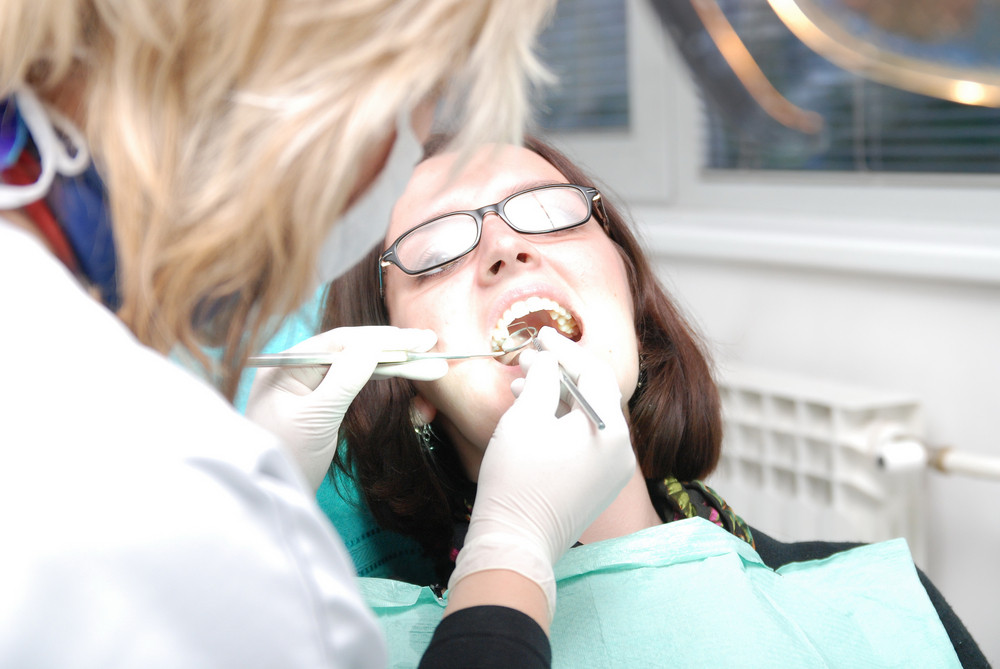Lowell, MA – Dental implants are an excellent way for dental patients to restore their smiles to their original form and function, offering a result for missing teeth that is durable and natural-looking. Implants have revolutionized how dental experts treat missing teeth by improving aesthetics and functionality.
What are dental implants?
A dental implant is a small, titanium post, or screw, which is affixed directly to the jawbone. This post acts as a root for the missing tooth. Over time, the implant integrates in the jawbone. Then, a crown can be affixed to the post. Together, the post and crown provide a durable and natural-looking tooth replacement.
What types of dental implants are available?
There are several types of dental implant available to restore your smile. The type of implant that is best for you will be dependent on a few factors, such as your oral health, bone density, and personal preferences. The expert team at Lowell Dental Arts explains the types of implants available:
Subperiosteal implants
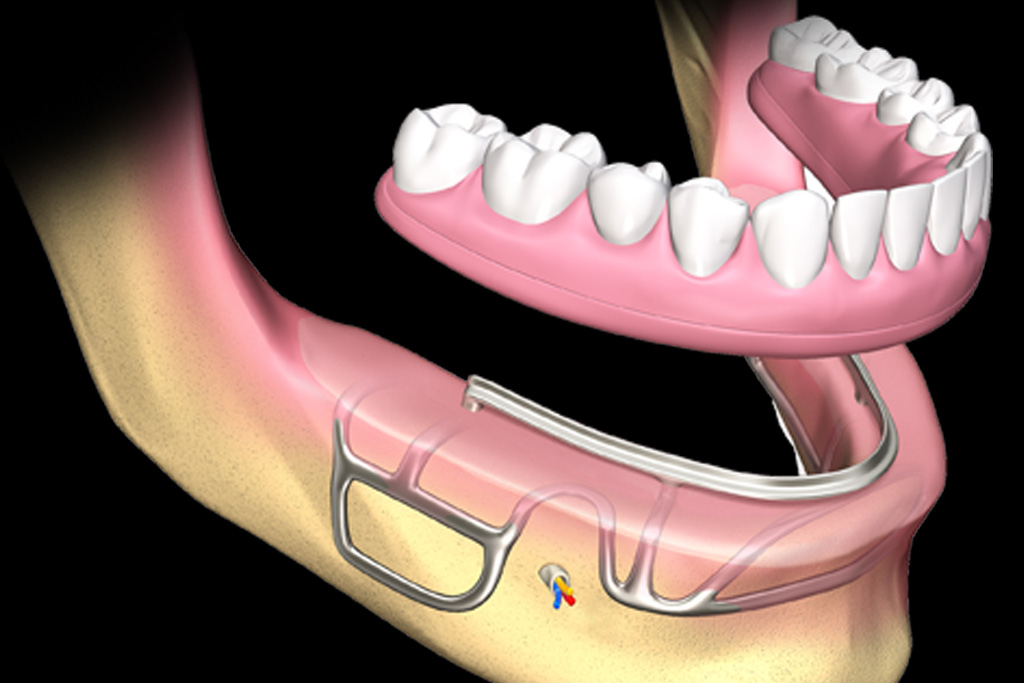
Subperiosteal implants are placed on or above the jawbone but underneath the gum tissue. This type of implant is ideal for patients who may not have enough bone density for other types of implants and who do not want a bone graft. The process is less invasive than other types of implants, such as endosteal.
Endosteal implants
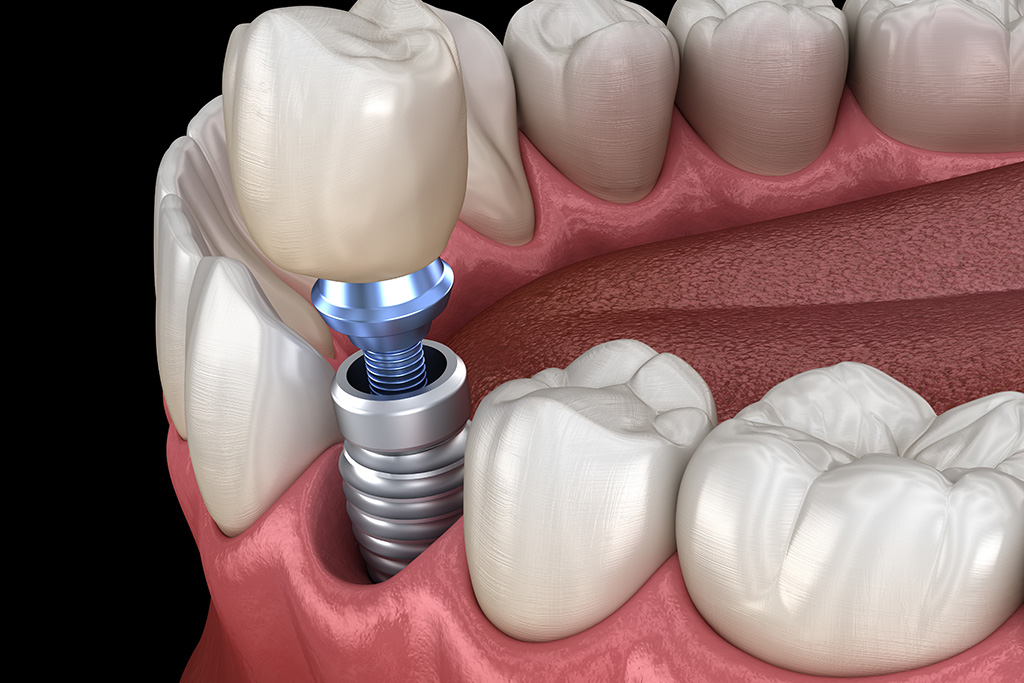
Endosteal implants are the most common. They are surgically placed directly in the jawbone where they fuse to the bone, providing a strong foundation for replacement teeth to be attached. Patients must have sufficient bone density or have a bone graft for endosteal implants to be most successful. They have a high success rate and are strong and very durable. They can be used for a single missing tooth or multiple missing teeth. There is a significant recovery period after the implant is placed and before receiving the replacement tooth or teeth.
Zygomatic implants
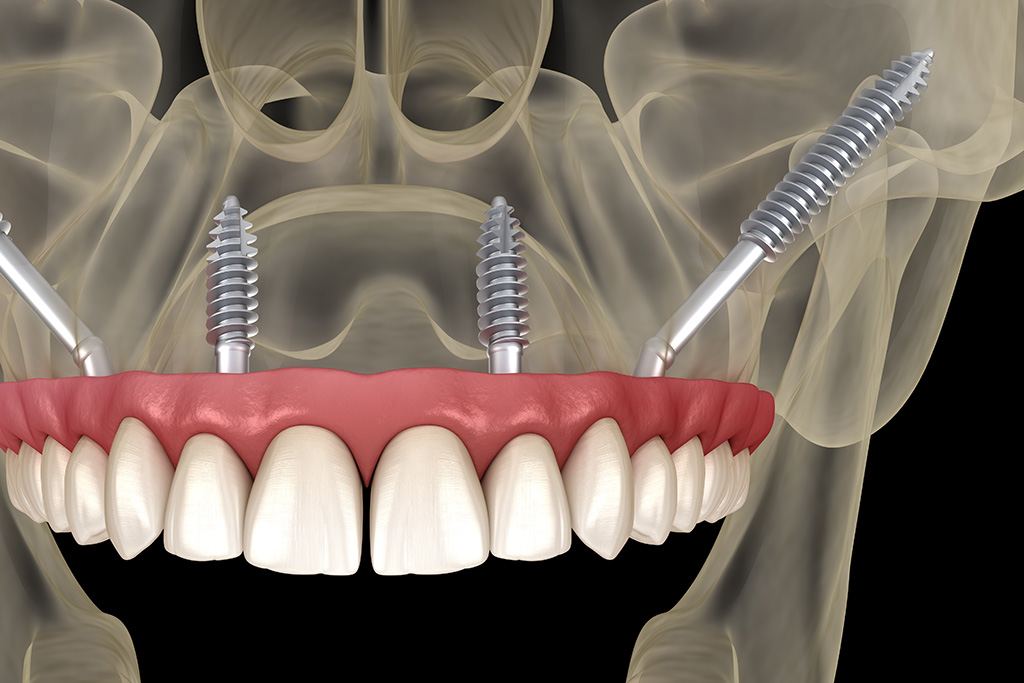
Zygomatic implants are placed in the zygomatic bone, also known as the cheekbone, rather than the jawbone. These are ideal for patients who lack bone density in their upper jaws. This type of implant is less common and a bit more complex to place, requiring a very skilled surgeon to place properly for best results.
Mini implants
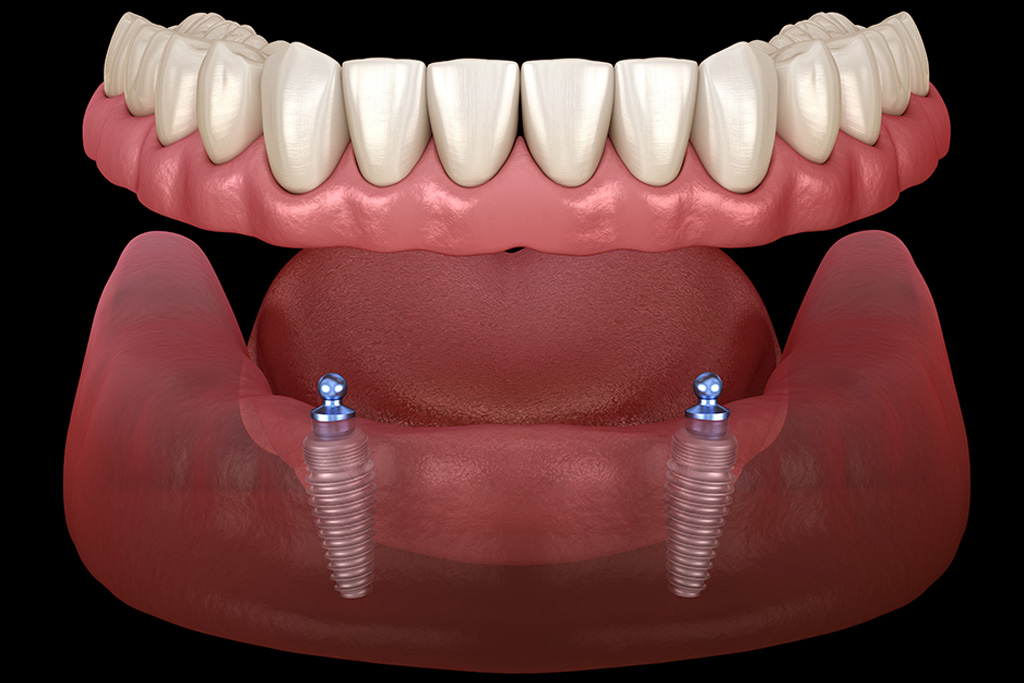
Mini implants are smaller than traditional implants and are typically used to stabilize dentures, rather than a single replacement tooth. Mini implants are cost-effective and less invasive than other implants, however, they typically are not as strong as other implants.
All-on-4 implants
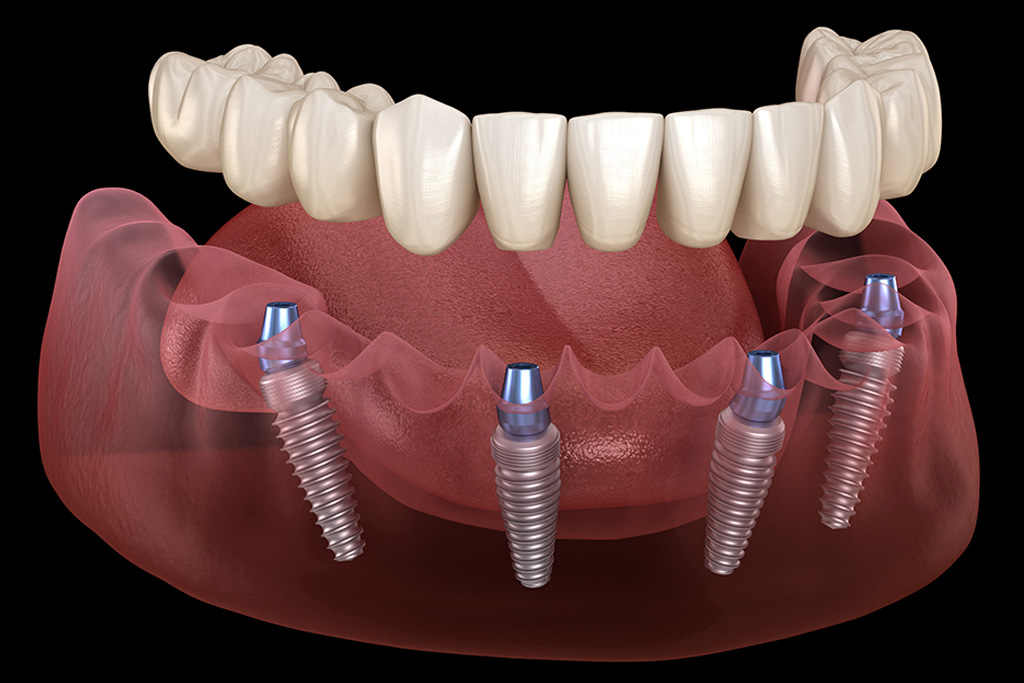
All-on-4 implants are used to support a full arch of teeth. The term refers to the number of implants used, which is typically four. All-on-4 work well in patients with significant bone loss who want to restore their smiles. They are an excellent alternative to removable dentures and provide immediate function as teeth can be placed the same day patients receive the implants.
At Lowell Dental Arts, our team is highly skilled and trained to help our patients achieve the smiles of their dreams. Dental implants are a wonderful way for us to help patients do just that. Dental implants offer a host of advantages, including:
- Because they fuse to your bone, they offer a permanent solution that can look and feel just like natural teeth.
- They can improve your speech and chewing by functioning as your natural teeth do.
- They become part of your mouth, so they are the most comfortable solution.
- They can improve your oral health by restoring your smile to its original form, making maintaining oral health a breeze.
If you’d like to learn more about how dental implants can restore your smile, call Lowell Dental Arts today.
